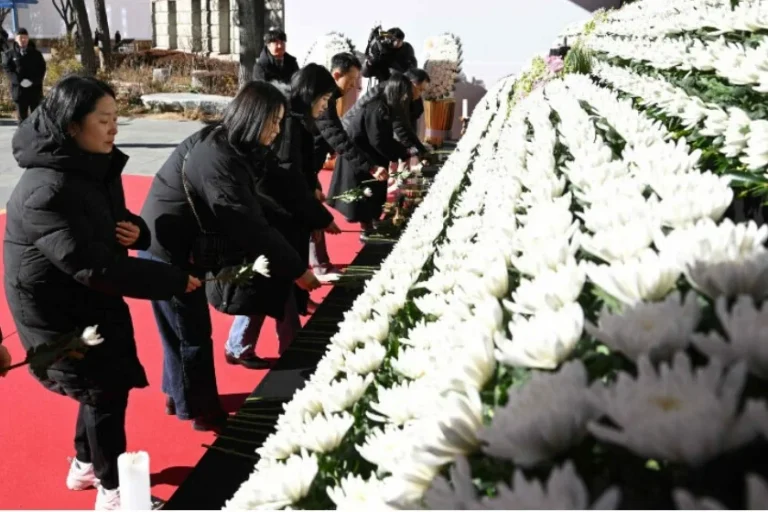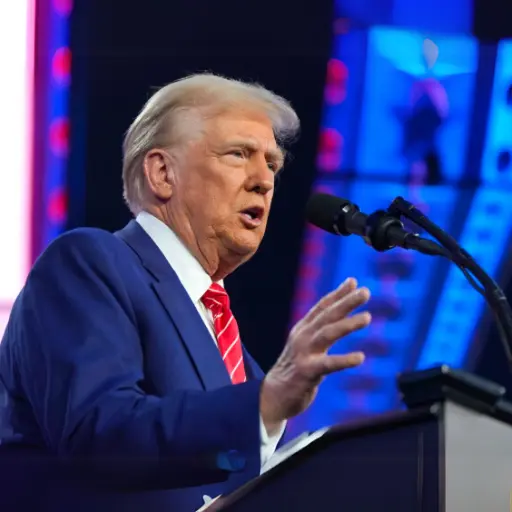Manmohan Singh, Former Indian Prime Minister and Economic Reformer, Passes Away at 92

Manmohan Singh, India’s former prime minister and a celebrated architect of economic reform, has died at the age of 92.
A Leader Who Shaped Modern India
Singh served as India’s prime minister from 2004 to 2014, becoming the first Sikh to hold the position. Known as a consensus builder and a technocrat, Singh played a pivotal role in liberalizing India’s economy during his tenure as finance minister in the early 1990s. His reforms marked a turning point for the country, spurring growth, curbing inflation, and positioning India as a global economic powerhouse.
Tributes from Across the Political Spectrum
Following news of his death, tributes poured in from leaders worldwide. Indian Prime Minister Narendra Modi called Singh “one of India’s most distinguished leaders” and praised his “wisdom and humility.” Congress leaders Rahul and Priyanka Gandhi also mourned his passing, with Rahul describing him as “a mentor and guide” and Priyanka calling him “wise, egalitarian, and courageous.”
Early Life and Education
Born on September 26, 1932, in Gah, a small village in what is now Pakistan, Singh grew up in modest circumstances. He pursued higher education at Panjab University, later earning advanced degrees from the University of Cambridge and a DPhil from Oxford. Singh’s academic brilliance was matched by his frugality, as noted by his daughter Daman Singh in a book about her parents.
Economic Visionary
Singh rose to prominence as finance minister in 1991 when India faced an economic crisis. In his maiden speech, he quoted Victor Hugo, saying, “No power on Earth can stop an idea whose time has come.” This heralded a sweeping reform agenda that included cutting taxes, privatizing state enterprises, and inviting foreign investment. His policies revitalized the economy, laying the groundwork for India’s subsequent economic rise.
Prime Ministerial Legacy
As prime minister, Singh secured significant achievements, including a landmark nuclear deal with the United States that ended India’s nuclear isolation. However, his tenure was not without challenges. His second term was marred by corruption scandals and accusations of policy paralysis, culminating in the Congress party’s defeat in the 2014 general elections. Critics also suggested that he played second fiddle to Congress president Sonia Gandhi, a claim Singh consistently dismissed.
Pragmatic Foreign Policy
Singh pursued pragmatic diplomacy, continuing peace talks with Pakistan and seeking to resolve the border dispute with China. He became the first Indian leader in nearly three decades to visit Afghanistan and worked to bolster India’s relations with global powers.
A Reserved and Respected Statesman
Known for his quiet demeanor and self-effacing nature, Singh rarely sought the limelight. His integrity and calm approach earned him respect, even from political opponents. Despite controversies during his tenure, Singh maintained, “History will be kinder to me than the contemporary media or the opposition parties in parliament.”
Personal Life and Legacy
Singh is survived by his wife, Gursharan Kaur, and their three daughters. As a leader, he is remembered for bringing India out of economic stagnation and nuclear isolation, setting the stage for the nation’s growth in the 21st century.
History will likely view Manmohan Singh as a transformative figure whose vision and policies reshaped India, even as his tenure faced its share of criticism and challenges.






